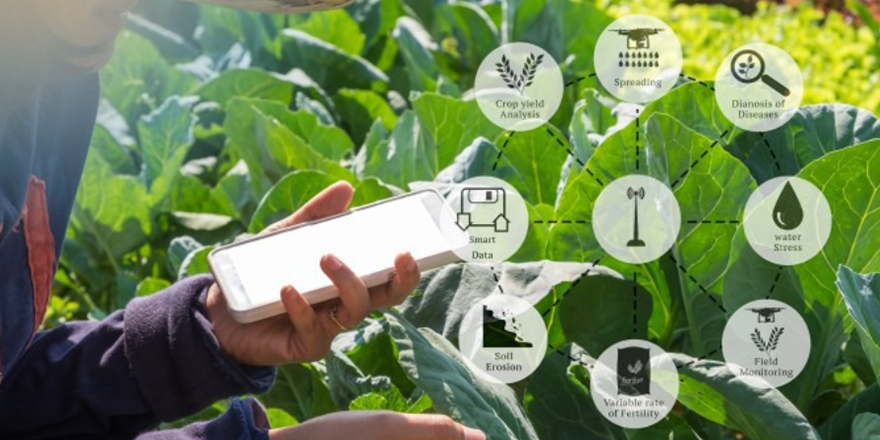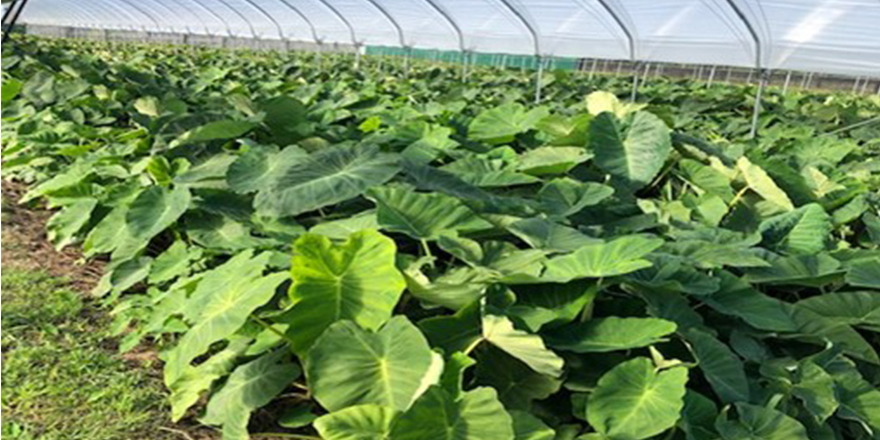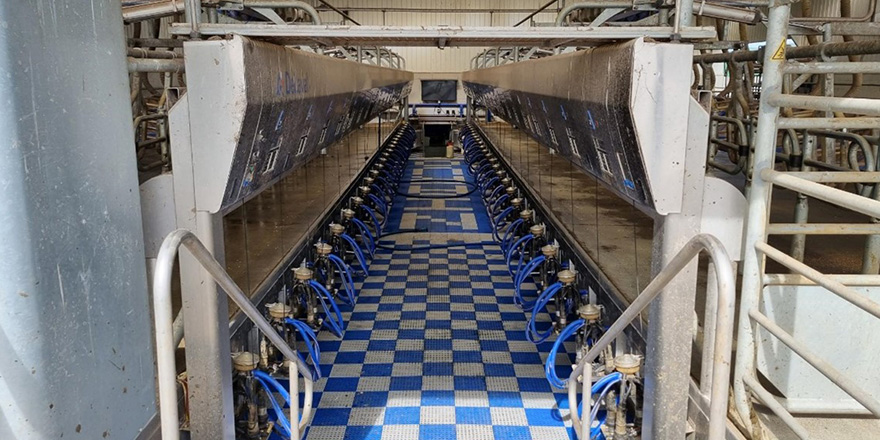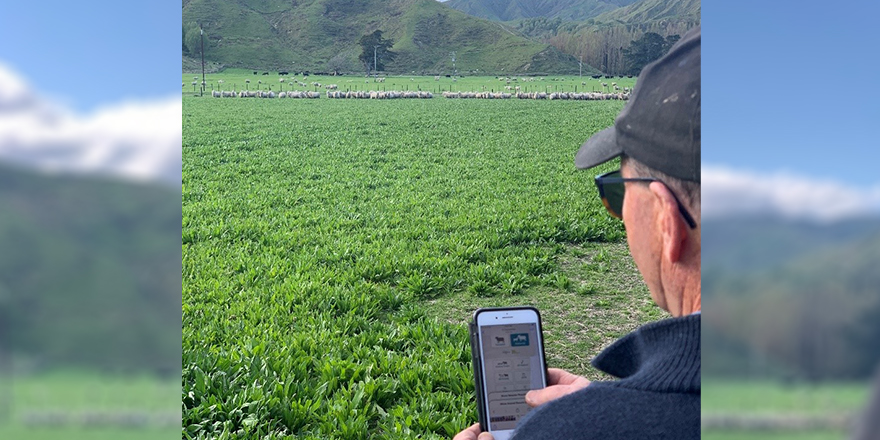
Executive summary
Ka mua, ki muri – Walking backwards into the future
The food and fibre sector stands as a cornerstone of Aotearoa’s economy, employing 367,000 people and contributing significantly through agriculture, horticulture, forestry, and fisheries. With Māori assets in the sector valued at over $23 billion, and rangatahi Māori comprising a substantial proportion of the Māori population, the future of the industry is intrinsically linked to the empowerment and success of these young leaders. This report explores the barriers rangatahi face, identifies opportunities for growth, and offers strategies to create a thriving and inclusive sector where rangatahi Māori can lead with confidence and pride.
Through kaupapa Māori-centred research, including surveys and wānanga, this study captures the lived experiences of rangatahi and their supporters. It reveals that systemic challenges, such as limited access to culturally aligned education and training, insufficient career guidance, financial constraints, and workplaces that fail to authentically integrate tikanga Māori, are significant barriers to their success. Many rangatahi feel disconnected from industry pathways that do not reflect their values or aspirations, while financial pressures and geographical isolation further compound these challenges.
However, the research also highlights transformative opportunities for change. Initiatives grounded in Te Ao Māori values, including culturally aligned leadership programmes, mentorship networks, and hands-on training schemes, have already shown their potential to foster confidence, build skills, and inspire rangatahi to see their place within the sector. These successes demonstrate the importance of prioritising cultural authenticity, holistic support, and equitable access in fostering meaningful engagement.
Te Whare Tapa Whā, Mason Durie’s holistic model of wellbeing, provides a vital framework for understanding what it means for rangatahi to thrive. Participants described success as more than individual achievement, emphasising the importance of balance across spiritual, emotional, physical, and social dimensions. Thriving is inherently collective, rooted in contributions to whānau, hapū, and iwi, and in alignment with cultural identity and aspirations.
To enable rangatahi Māori to thrive, the report identifies the need for systemic change across the food and fibre sector. Education and training programmes must reflect Māori values and provide clear, culturally aligned pathways into meaningful careers. Mentorship, grounded in Māori perspectives, can connect rangatahi with role models who inspire and guide them toward leadership roles. Workplaces must become inclusive spaces where tikanga Māori is authentically integrated, creating environments where Māori identity is valued and celebrated. Financial support, including scholarships and subsidies, is critical for reducing economic pressures and enabling rangatahi to fully participate. Additionally, amplifying Māori leadership and sharing success stories can inspire others and challenge outdated perceptions of the sector.
The vision outlined in this report is of a food and fibre sector that honours the strengths of Māori culture, values, and leadership. In this future, rangatahi Māori are not only participants but transformative leaders, shaping an industry that is innovative, sustainable, and deeply reflective of Aotearoa’s bicultural heritage. Achieving this vision requires a collective commitment to dismantling barriers, fostering inclusivity, and embracing Māori perspectives at every level.
This is a moment of immense opportunity. By addressing the challenges identified and implementing the strategies proposed, the food and fibre sector can position itself as a global leader in cultural authenticity and sustainability. Empowering rangatahi Māori is not just an investment in individuals but a commitment to securing the future resilience and prosperity of the sector for generations to come.
The vision presented here is one of a food and fibre sector where rangatahi Māori are not only participants but transformative leaders. By addressing systemic barriers and embracing the strengths of Māori culture and identity, the sector can lead globally in sustainability, innovation, and cultural authenticity. This is a unique opportunity to act collectively, ensuring the sector’s resilience and prosperity for generations to come.
Cheyenne Wilson




